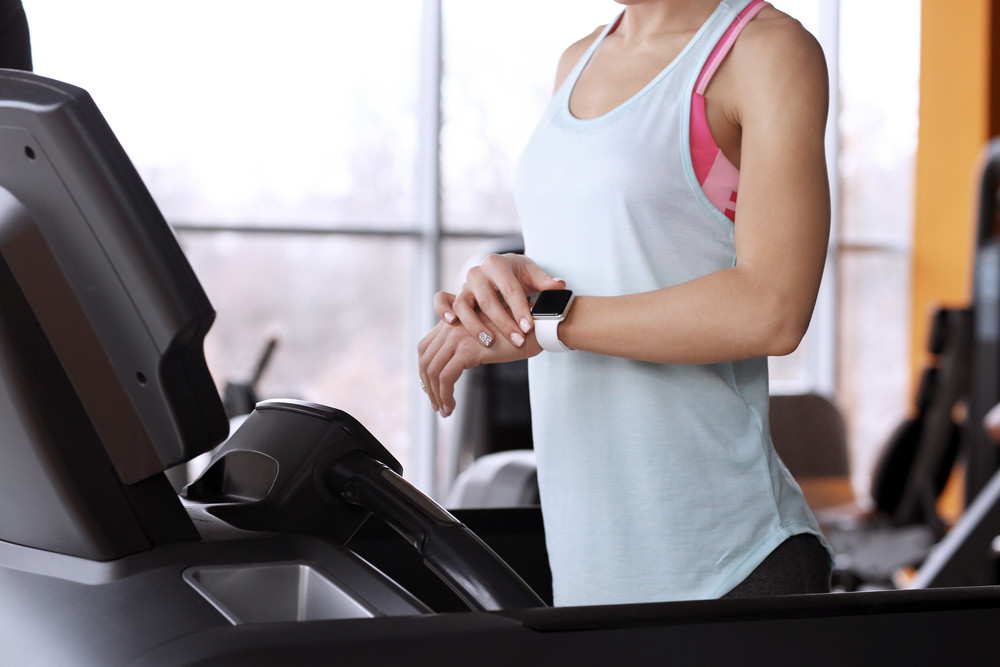Popular Reads
Top Results
Can't find what you're looking for?
View all search resultsPopular Reads
Top Results
Can't find what you're looking for?
View all search resultsImproved mental, physical health: Perks of working out at home
Studies reveal that being physically active is good for our brains.
Change text size
Gift Premium Articles
to Anyone
I
n the past few months, our world has been facing a catastrophic viral infection-based pandemic caused by a newly discovered member of the coronavirus family, called Severe Acute Respiratory Syndrome-Coronavirus-2 (SARS-CoV-2). This virus has spread from person to person by proximity, prompting governments to step up efforts to curb the spread of the disease it causes, COVID-19. Hashtags #StayatHome and #WorkfromHome have been the trending topics as they show up every single day on social media updates from people all over the globe.
For one who spends most of daytime at work, staying inside longer than usual can sometimes feel strange. Instead of lying on the couch while having snacks then feeling guilty for the rest of the day, why not do exercise?
Some of you exercised regularly before the pandemic. Losing weight, getting your dream body or maintaining your posture, we know that exercising or being physically active is good for our bodies. Doing workouts is also beneficial for a sharper brain, researchers say.
Improve cognitive abilities
Exercising regularly means your brain receives enough blood supply to maintain its physiological function.
In a review of studies published in the American Journal of Lifestyle Medicine, regular exercise and improved aerobic fitness are associated with greater brain volume. Another review published in Poland revealed that there is an established link between exercise and improved brain health by enhancing the secretion of brain-derived neurotrophic factor (BDNF). BDNF is a chemical found in various areas inside our brains including the hippocampus, a special area for memorizing things. It is involved in memory formation, the learning process and enhances the survival of our brain cells.
More activity means a better mood for the whole day
It's normal if during this pandemic we are more susceptible to mood swings and anxiety.
Studies show that physical exercise of sufficient intensity and duration can boost your mood by increasing the circulating levels of a feel-good chemical called beta-endorphin. A review of studies published in the Irish Journal of Medical Science in 2011 suggested that exercise and physical activity can trigger a structure in the brain called the pituitary gland to release beta-endorphin. Able to reduce pain and causing general euphoria, beta-endorphin also has beneficial effects on depression and anxiety symptoms; it is even comparable to antidepressant treatments. Another report from Brazilian researchers in 2015 stated that routine physical exercise is good for our brain as it shows amazing effects in the area called the parahippocampal gyrus of the limbic lobe, which is related to the brain's reward system.
What kind of activity should I do?
Types of physical activity at home can be diverse; yoga, aerobics, using the treadmill, resistance training, riding an exercise bicycle, working out with tutorials from YouTube videos or simply going up and downstairs frequently. One important thing to consider is your own body’s fitness. If you have ever had or are currently suffering specific disorders such as muscle and bone pain following trauma, cardiovascular diseases or other diseases, please consult your physician about your preferable type of workout.
No one size fits all
Getting to know yourself is the first key to choosing the appropriate package of exercise for you. Researchers conclude that the highest benefit appears to be in activities that include both strength and aerobic exercise, which last for at least 30 minutes and are practiced for more than six months.
In 2010, the World Health Organization released the Global Recommendations on Physical Activity for Health. The document sums up scientific evidence, current physical activity recommendations and interpretation for three age groups: 5-17, 18-64 and 65-above. The reviews are included with evidence in the field of brain, mood and general health with considerations of different health conditions among individuals. Thus, the benefits of implementing the recommendations from evidence-based studies should outweigh the harm.
Along with the astonishing benefits for our brain, exercising is generally a free-of-charge activity and is immediately available to mostly everybody. For your brain's sake, you can add #WorkoutFromHome to your next Instagram stories. (wng)
***
The writer is a 24-year-old medical doctor, awardee of the PMDSU scholarship in neurology and is currently attending the postgraduate school of biomedical science at Udayana University. She can be reached through LinkedIn and Instagram.











